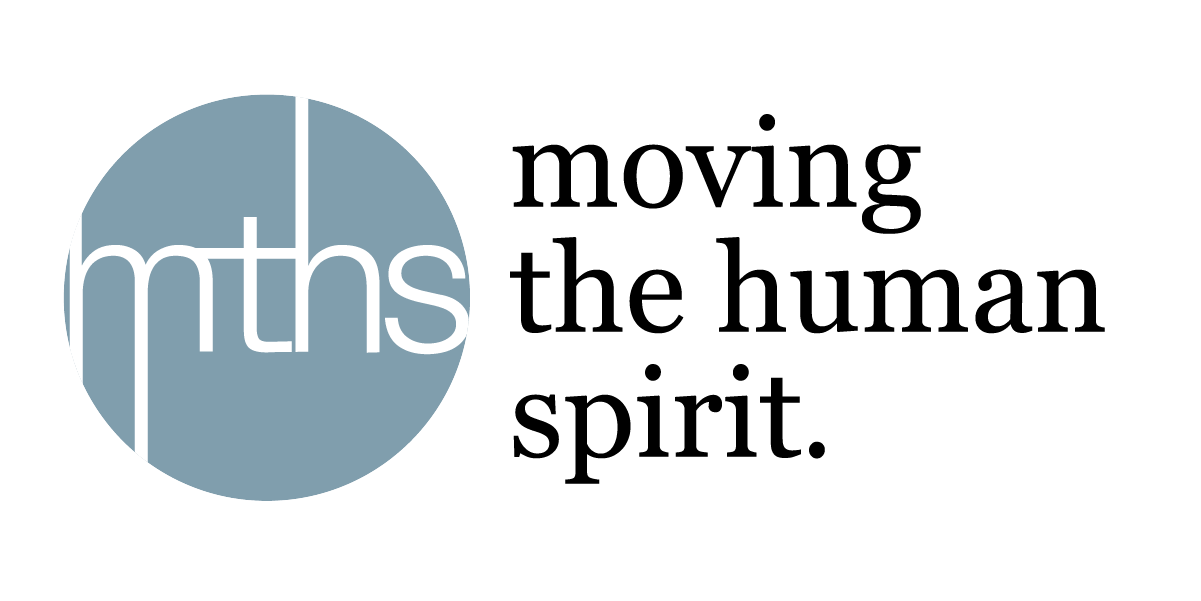Can Coaches work with trauma?
As leaders in Trauma-Informed Coaching, Moving The Human Spirit is often asked how coaches can become involved with coaching clients who have experienced trauma, specifically coaching clients with post-traumatic stress disorder (PTSD). The questions are: What is needed? Is the skill set different or are there special requirements to be able to do this type of coaching? What we have experienced with our various clients so far, is that each and every person, and their experience and definition of trauma, is different. What works for one does not always work for others.
How do you become a Trauma-Informed Coach?
There are no hard and fast rules, but based upon our experience, here is what we have found to be the most helpful to successfully working in this field called Trauma-Informed Coaching. A Certified Coaching Program in which you are being trained to coach at the Professional Certified Coach (PCC) level, and a coaching program that is recognized by the International Coaching Federation (ICF) – is certainly the first and most mandatory step to becoming a Trauma-Informed Coach.
We work along with our Moving The Human Spirit Associate Coaches who are trained in various other areas including the latest brain sciences, Emotional Intelligence, Conversational Intelligence, trauma counselling, Somatic Experiencing, Masters of Counselling Psychology and Master Practitioners of Neuro-Linguistic Programming, along with other various modalities that support in the process of healing and mastering the effects of trauma. As a Trauma-Informed Coach, it is very helpful to bring awareness to the process of trauma in the physical body, how this connects with the mind/brain and how it may manifest itself in both. This is good insight when uncovering and releasing anxious states. There are other programs offered by several universities or colleges in which Trauma-Informed Coaches may consider learning about cause and effect which will assist them when encountering clients who have experienced trauma.
What do Trauma-Informed Coaches do?
As Trauma-Informed Coaches, we do not treat trauma – we are simply aware of all of the nuances of working with clients who have experienced trauma.
Trauma-Informed Coaches can help alleviate symptoms in trauma survivors by helping to create new positive experiences and diffusing event flashbacks. We assist with emotional and conversational intelligence, giving language to feelings when possible, supporting when there is no language for these, learning to manage the window of tolerance and supporting our clients to start to create a picture of a better future that they want for themselves, building this capacity little by little over time. As Solution-Focused Trauma-Informed Coaches – we acknowledge and honor the past where it is, honor the person for who they are now and focus in on starting to bring an awareness to the present and the positive possibilities of the future, including post-traumatic growth. We bring awareness to other feelings that may/may not serve the client at this time such as anger and unnecessary arousal.
Who can work with a Trauma-Informed Coach?
It is recommended that the client has been cleared to work with a Trauma-Informed Coach by their family doctor, psychiatrist or psychologist or providing Trauma-Informed Coaching in conjunction with these other professionals. If at all possible, it is best if you can create and have a working relationship with the psychiatric or psychologic treatment area that your client has been working with. It is highly recommended that your client discuss with their psychologist, psychiatrist or counsellor that they would be seeking a Trauma-Informed Coach to compliment the healing process. As long as the client feels strong enough to participate with the coaching sessions themselves, then you can form a client relationship that is supportive and successful for everyone involved.
What methods and tools do Trauma-Informed Coaches use?
From a Trauma-Informed Coaching perspective, the more specific coaching approaches or tools that have proven to be effective for post traumatic stress are:
- Checking in with yourself as a coach and asking: “Is this my passion to work in this field of Trauma-Informed Coaching?” “Do I have this capacity?”
- Knowing, understanding and practicing the difference between “empathy” and “compassion”
- Creating and holding a space of non-judgement at all times
- Listening and believing what the client says is true for them in that moment
- The Trauma-Informed Coach must leave their own “agenda” aside and out of the coaching sessions
- The outcome should be specific to the client themselves and what they want
- Meeting the client where they are at – in this present moment, in this day, week, month, year – remaining flexible to their present “state”
- Believing in the resourcefulness of the client – even during the times when the client does not believe in themselves
- More than anything else, the most important tool that can be used in coaching trauma survivors is holding a safe space for our client in each present moment
What are the benefits of Trauma-Informed Coaching?
Positive short-term results include building trust with any trauma survivor. Usually, the client’s world has been turned upside down and they lose trust in most areas of their life and with most people in their lives. This makes them more susceptible to post-trauma stress. As a Trauma-Informed Coach, it will take time to build this trust with you and for your client to understand what trust means to them now. If over time, you are unable to build this trust with your client, we recommend that you support a safe process of referring your client to a more advanced Trauma-Informed Coach in that specific field or seek another trained professional in which to refer your client to.
Trauma-Informed Coaches must be able to conduct sessions that may have lengthy silences, involve highly agitated states, or involve shutdowns in the moment. They require advanced listening skillsets when things are being said, understanding what is not being said or even a very brief “hmm”. While it may seem like nothing has happened in a session to us as coaches, this could seem completely different for the trauma survivor. When doing Trauma-Informed Coaching watch for these things: anxiety, disassociation, redirecting, and delusion. Tone and sound are incredibly important to the trauma survivor as it can take them in and out of a flashback. Be very aware of the breath and breathing of the trauma survivor when coaching them. If you are having a visual session, be aware of the body language being created.
The overall goal of Trauma-Informed Coaching is to support the client to move towards mastery of their particular situation and supporting them to find and learn ways and practice tools and skillsets. This will help them to continually move towards a life that they want to create for themselves – perhaps a calm, peaceful and more enriched life.
This article was originally written for the Erickson Coaching International blog.



